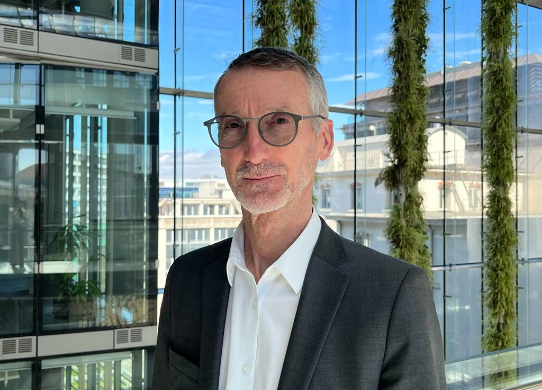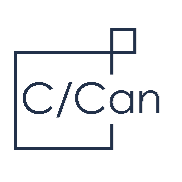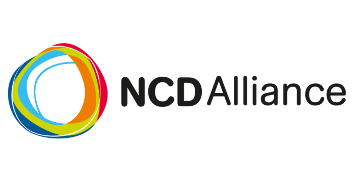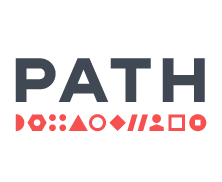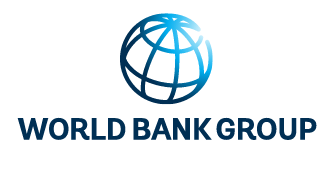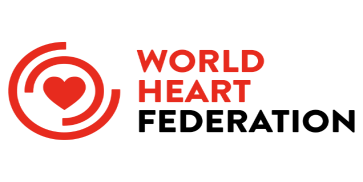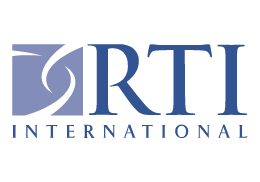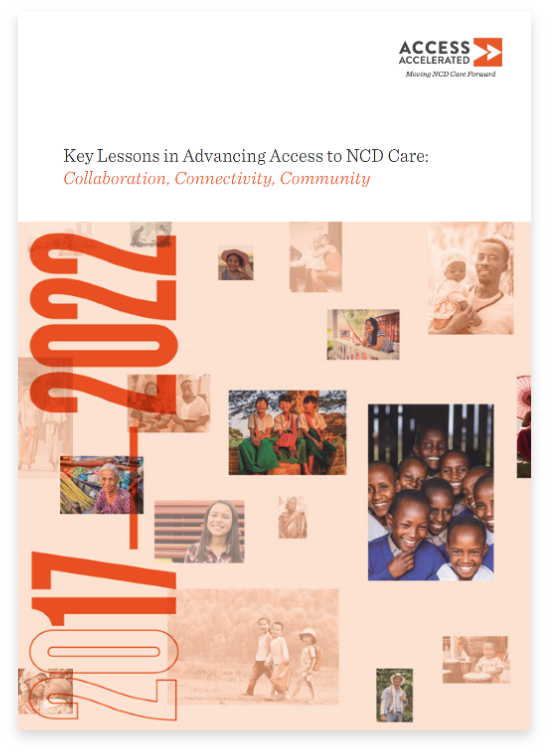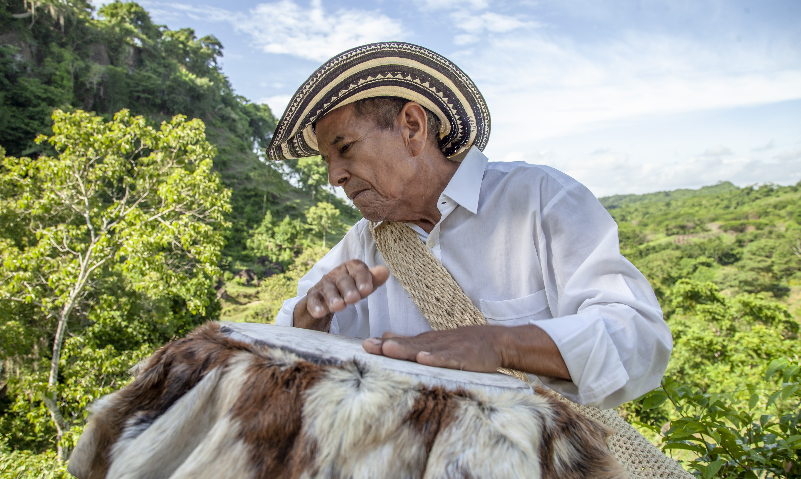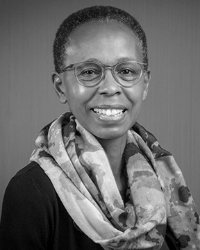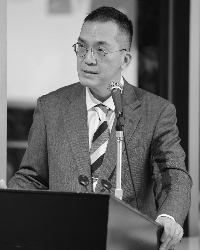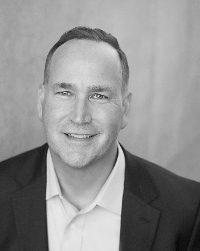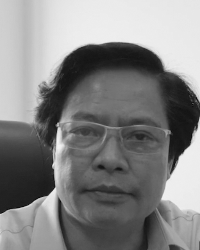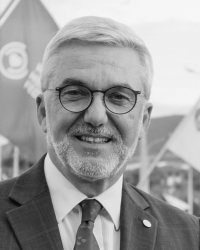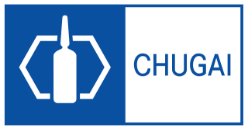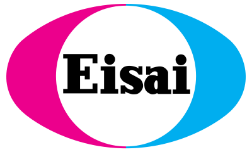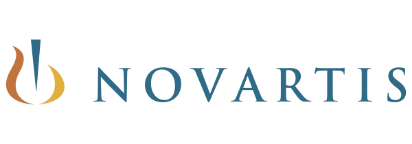Since its launch in 2017, Access Accelerated has been at the forefront of efforts to tackle the worldwide challenge posed by noncommunicable diseases (NCDs) and their impact on economic and social progress in low- and middle-income countries (LMICs) across the globe.
Our partnership, representing the global biopharmaceutical and life sciences industry, is unprecedented. Never before has the industry come together in such a concerted way to embark on a common mission designed to help realize the United Nations Sustainable Development Goals (SDGs), including the aim of reducing, by 2030, premature deaths from NCDs by one third and achieving Health for All.
To realize this vision, we have worked collectively — pooling our learnings, experience, knowledge, skills, and resources — to drive multisectoral partnerships that bring about real and lasting change in how we respond to NCDs. At the heart of this endeavor has been a recognition that no one organization or government can achieve this on its own.
That is why local engagement is central to our collaborations. Through support for governments, national stakeholders, and civil society in their efforts, countries are delivering scalable, sustainable solutions that are firmly embedded within national health agendas and systems. Such collective efforts have brought about fundamental policy changes, strengthened health care systems, generated vital funding and investment, and ultimately given those living with NCDs a better chance to live longer, fuller, healthier lives.
After all, people living with NCDs are at the heart of Access Accelerated. By investing in initiatives that help to empower them, we ensure that it is their experiences, needs, and hopes that inform the NCD response. Their voices are crucial for effective and sustainable change.
Access Accelerated stands as a testament to the effectiveness of collaboration in making a lasting difference to the health and lives of people living with NCDs and those who support them. It has been a formidable task and we understand that, even after six years of learning and progress, much remains to be done.
This report represents more than a celebration of our collective efforts: it is a powerful call to action to take all that we have learned over the past six years and use it to build momentum, leverage opportunities for impact, and strengthen action. Our present and future success depends on it.
